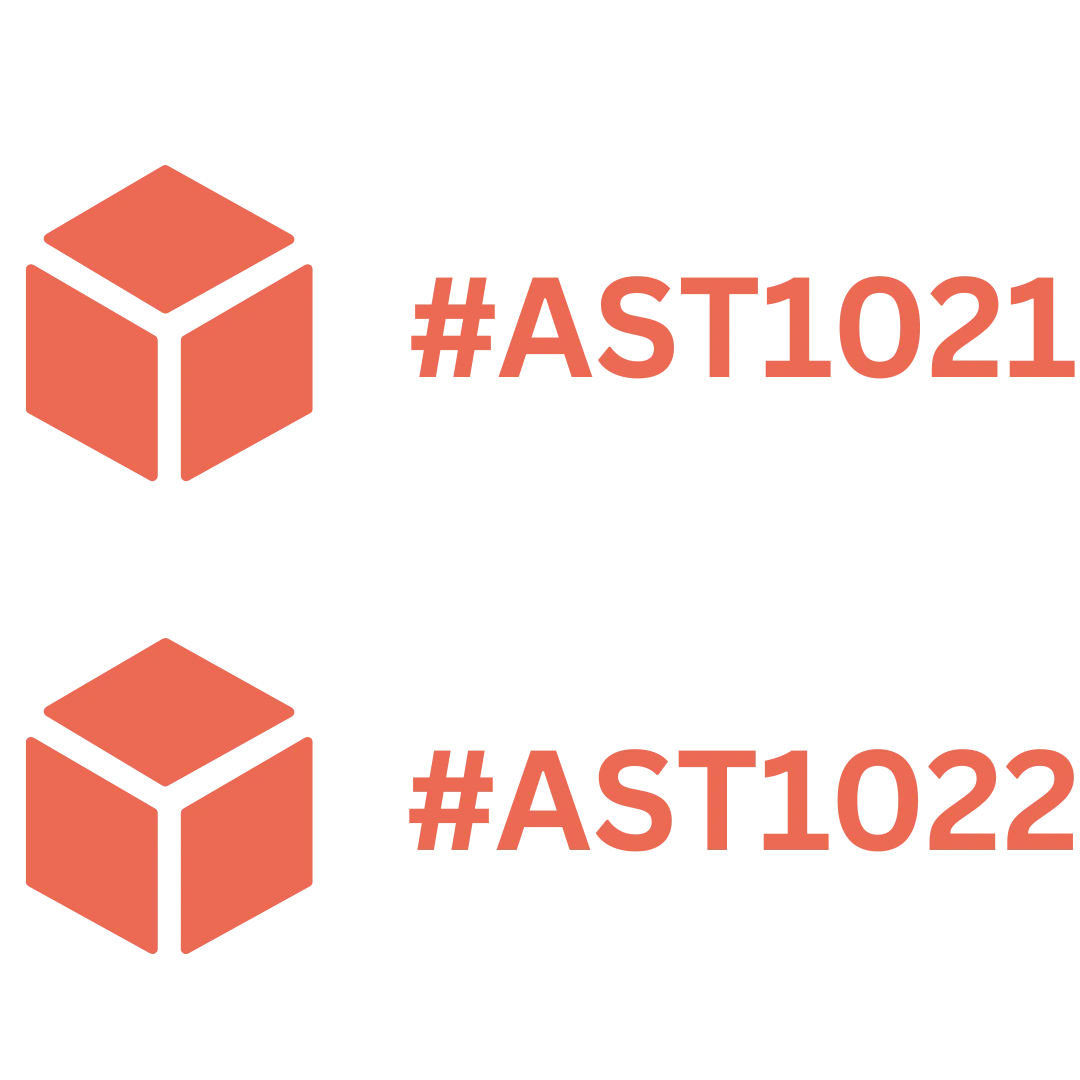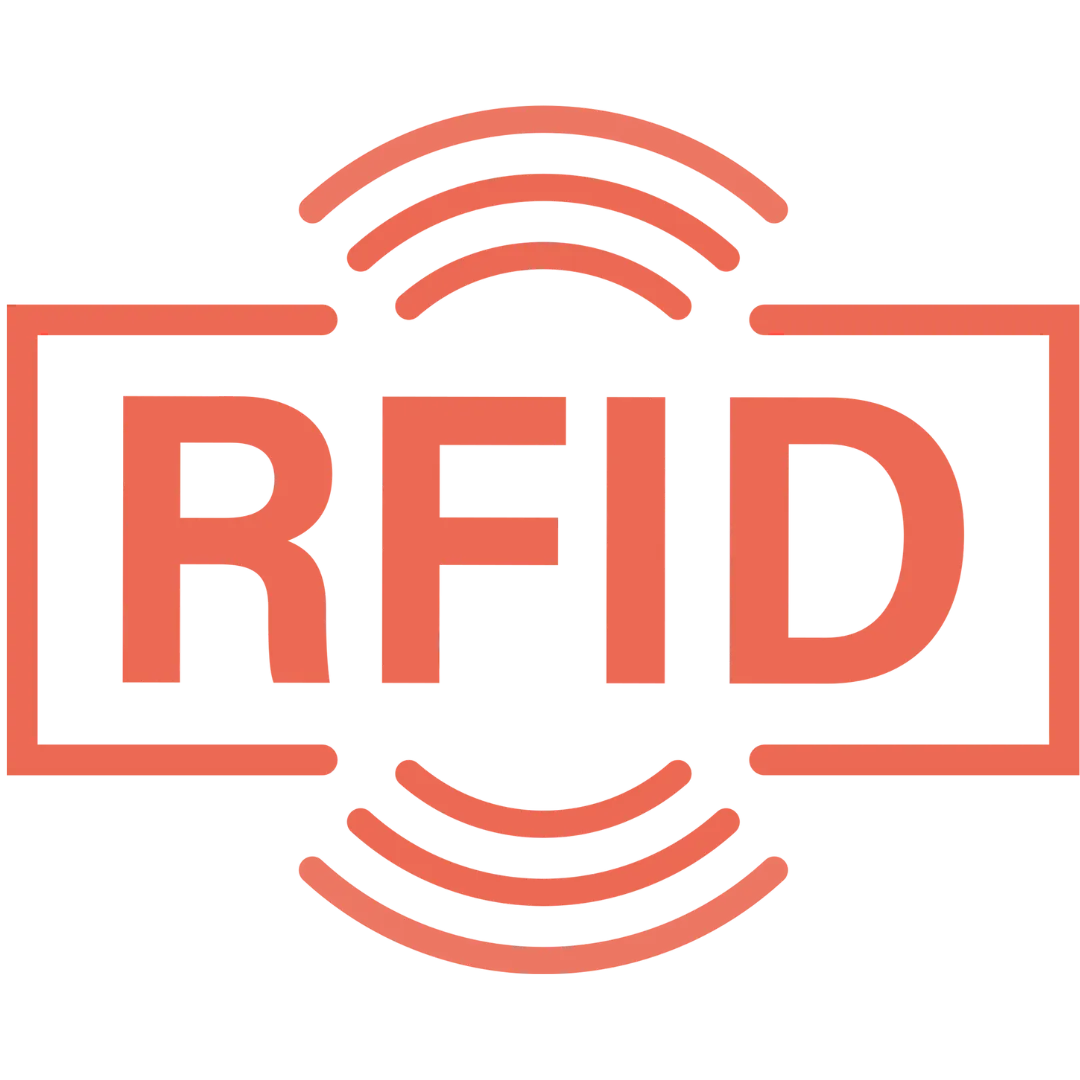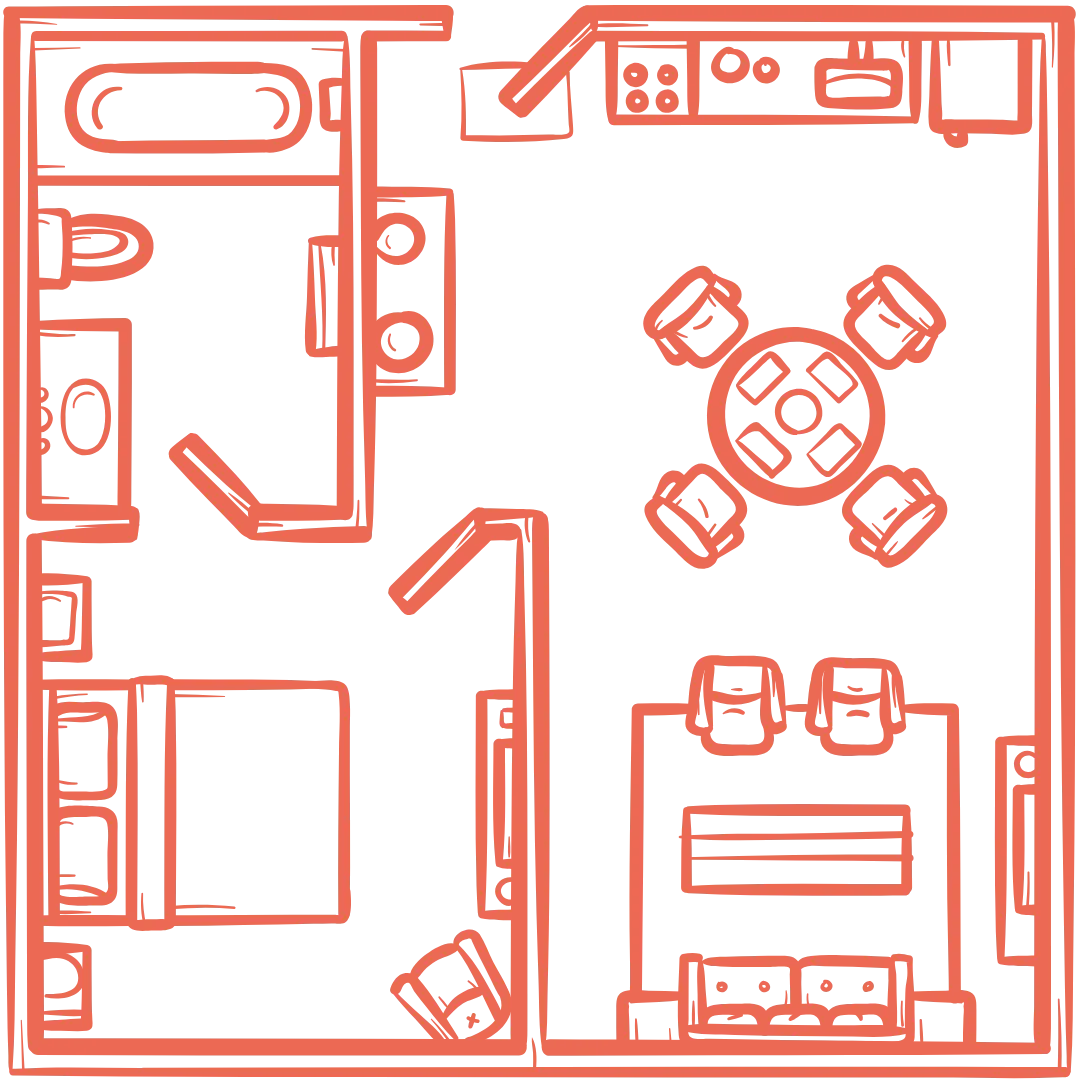In the car rental industry, fleet management is an essential aspect that involves managing and maintaining a fleet of vehicles. This includes activities such as monitoring vehicle usage, maintenance scheduling, and monitoring vehicle availability. In the past, fleet management relied heavily on manual processes, which were time-consuming and inefficient. However, with the advent of technology, fleet management has become more streamlined, and one of the technologies that have emerged as a game-changer is RFID.
What is RFID, RFID system cost & how does RFID work?
RFID, or Radio Frequency Identification, is a wireless technology used to identify and track objects using radio waves. It is a contactless system that consists of a reader, an antenna, and a tag or transponder. The reader emits a radio signal that is picked up by the antenna of the tag, which then responds with information encoded on the tag's microchip. The information can include unique identification numbers, product details, or other relevant information.
The cost of an RFID system can vary depending on various factors, such as the type of tag used, the frequency of the system, the range of the system, and the number of tags required. The cost of an RFID system can range from a few cents per tag for passive low-frequency tags to several dollars per tag for active high-frequency tags. The cost of the reader and other components of the system can also vary depending on the complexity of the system and the range of the system. Generally, RFID systems are more expensive than traditional barcode systems but offer several advantages in terms of automation, accuracy, and efficiency.
There are two main types of RFID systems: passive and active. In a passive RFID system, the tag does not have its own power source and relies on the radio frequency energy emitted by the reader to power the tag's microchip. The tag's antenna picks up the radio signal and uses it to transmit information back to the reader. Passive RFID tags are usually smaller and less expensive than active tags, but they have a shorter range and require the reader to be closer to the tag for communication to occur. In an active RFID system, the tag has its own power source, usually a battery, which allows it to transmit information back to the reader without relying on the energy from the reader. Active RFID tags have a longer range and can transmit information over greater distances than passive tags. They are also larger and more expensive than passive tags.
In both passive and active RFID systems, the reader receives the information transmitted by the tag and decodes it. The reader can then use the information to identify the object being tracked or to perform other tasks, such as updating inventory records, monitoring the location of objects, or controlling access to secure areas.
What is Fleet Management?
Fleet management refers to the process of managing and maintaining a fleet of vehicles. This involves activities such as monitoring vehicle usage, scheduling maintenance, and monitoring the availability of vehicles. Effective fleet management is essential for ensuring that vehicles are well-maintained, available for use when needed, and that costs are minimized. One of the key challenges of fleet management is keeping track of the vehicles in the fleet, and this is where RFID technology comes in.
Also Read: Transforming Fleet Management and Boosting Utilization by 20%
What are the Advantages of Using RFID in Fleet Management for Car Rentals?
Real-time Vehicle Tracking:
RFID technology enables real-time vehicle tracking, allowing fleet managers to monitor the location of their vehicles at all times. This means that they can quickly identify the location of a particular vehicle, which is crucial for managing rental bookings effectively. RFID asset tracking provides the exact location of each vehicle in real-time, allowing managers to assign rentals more efficiently and reducing the time and costs associated with searching for vehicles.
Improved Asset Management:
RFID technology enables more efficient asset management, making it easier for fleet managers to track and manage their assets. RFID asset tracking tags can be attached to vehicles, allowing fleet managers to monitor their location and condition. This ensures that vehicles are properly maintained, reducing the likelihood of breakdowns and increasing their lifespan. By using RFID asset management software, fleet managers can easily track vehicle maintenance schedules, ensuring that vehicles are serviced on time, reducing the likelihood of costly breakdowns.
Increased Efficiency:
RFID technology enables increased efficiency in fleet management. By automating many of the manual processes involved in fleet management, RFID technology reduces the time and costs associated with managing a fleet of vehicles. With RFID asset tracking, managers can quickly locate vehicles, reducing the time and costs associated with searching for missing vehicles.
Reduced Labor Costs:
RFID technology reduces labor costs associated with fleet management. By automating many of the manual processes involved in managing a fleet of vehicles, RFID technology reduces the need for manual labor. This means that fleet managers can reduce the number of staff required to manage their fleet, reducing labor costs and increasing profitability. RFID asset management software also streamlines the process of managing maintenance schedules, reducing the need for staff to manually track maintenance.
Also Read: Boosting Customer Experience & Efficiency for a QSR Chain
Conclusion
RFID technology has emerged as a game-changer in the fleet management industry, providing numerous benefits for car rental companies. With RFID asset tracking, fleet managers can quickly locate vehicles, reducing the time and costs associated with searching for missing vehicles. RFID asset management software also streamlines the process of managing maintenance schedules, reducing the time and costs associated with manual maintenance tracking.
For these reasons, car rental companies are increasingly adopting RFID technology in their fleet management processes, making it an essential tool for effective fleet management. Car rental companies can grow their business at great speed and keep track of their cars in real time with automated asset management software.

















































.webp)
.webp)
.webp)
.webp)
.webp)
.webp)
.webp)
.webp)
.webp)

.svg)




.webp)
.webp)











































.png)
.png)



.webp)



















